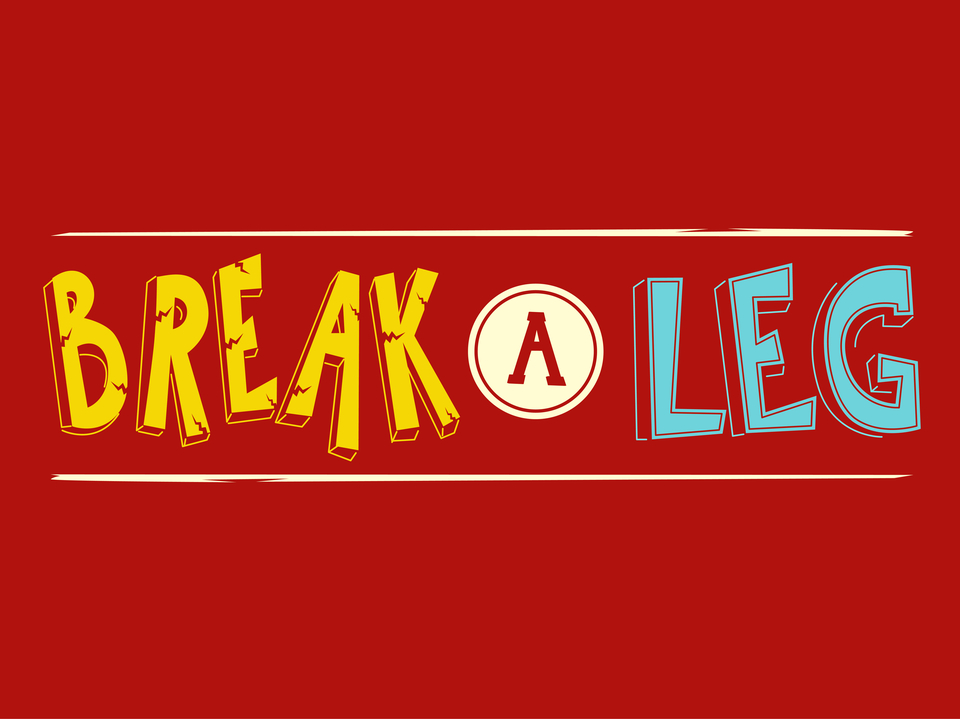Idiomatic expressions are an essential feature of everyday conversation in pretty much every language. There’s no shortage of idiom examples in the English language.
Found in both written and oral English, these phrases do not always make sense literally. And that’s what makes the meaning value of idioms and their usage interesting linguistically, culturally, and socially.
What are Idioms?
Idioms are words or phrases used in their figurative rather than literal meanings, which aren’t the same. Often it’s the literal or surface meaning that explains the idiom origin. This meaning gets lost over time, and the deep meaning sticks.
There are thousands of idiomatic expressions in the English language, and native speakers of the language use idioms frequently.

One study by researchers at the University of Tennessee assessed the significance and occurrence of figurative language. They analyzed the speech and writings of different categories of people in psychology, psychotherapy, and education.
Their results show that adults who participated in the study used idioms at an average rate of 4.08 idioms per minute.
That’s why those learning English as a foreign language usually find idioms as a hard challenge. They encounter idioms quite often, and many get confused with word-by-word translations.
Idiom Examples
If you’re looking for idiom examples, we’ve compiled a list of idiomatic expressions according to specific categories. We have idiomatic phrases for marketers that they can act on.
Then, there’s a selection of American idioms for English learners. Last but not least, some idioms with strange and wacky origins.
10 Business and Marketing Idiom Examples
We picked these ten idiom examples for business owners and marketers to take as guiding principles or actionable ideas. Each of the following idiomatic expressions can help you avoid some marketing pitfalls or take inspiration for designing your strategy:
Thinking outside the box: This is like a business cliché. Online marketing and the whole business world is getting oversaturated. Solutions and ideas need to be more creative, unconventional, and original. Instead of aiming at an existing target, create a new one.
Learn the ropes: To learn the basics of how something is done, like a task or a job. Learn the ropes in marketing to know how to go about it your own way.
Keep an eye on the ball: For greater impact, give your goals full attention. Don’t lose focus and keep your eyes on the ball, i.e., customers.

Easy come, easy go: What you gain quickly, you can also lose soon. As marketing is concerned, a customer isn’t “poker money” that can quickly come, easy go. Some marketing hacks with no substance can bring you clients who would then never come back. Opt for a long-term, evergreen, sustainable marketing strategy that keeps highlighting the value of your offering.
Go down the drain: Something is totally lost or wasted. Don’t let your efforts to break into a new market or start a brand-new service go down the drain. Before thinking of launching your business plan, or a new product/service, do your homework first.
Get something off the ground: By the same token, you have to start something new to get started. You’re sure of your planning phase, go ahead, and launch your project. You can’t succeed if you don’t start; it’s that simple.
Bang for your buck: In other words, Return On your Investment (ROI). Identify the best channels and tactics to get the most bang for your buck.
Word of mouth: Don’t underestimate the power of word of mouth! No matter how aggressive and impactful your marketing is, your business would benefit from word of mouth about its value.
No strings attached: One way to get people talking about your brand is to deliver real value without explicitly asking for a specific commitment. You can, for example, let your customers try a product with no strings attached for free.
On top of trends: To stay competitive, you should keep on top of trends. You can do this by being aware of what’s current and efficiently responsive to it.

10 American Idioms and Their Meanings
Idioms aren’t only unique from a purely linguistic viewpoint. They’re equally unique from a cultural and a social angle. Common American idioms are useful for foreigners living in the U.S who want to make sense of all the chatter around them.
They’re also helpful for non-native English learners because they’re most likely going to hear these popular idioms.
Below are 10 of the most common American idioms:
Ring a bell: If this idiomatic expression sounds familiar to you, then it did “ring a bell.” At least you’ve heard it before. If not, then now you know its meaning. A name dropped during a conversation can ring a bell. You start thinking about why it sounds familiar.
Get the hang of it: If you’re getting the hang of something, you’re getting the ability to do it right. Or properly complete a task.
Under the weather: Feeling under the weather is to be unwell, ailing, or in low spirits. Not feeling well could result from different reasons other than weather per se.
Hit the Sack: If you’re feeling under the weather, it might be time for you to hit the sack, or go to bed.

Play hardball: This idiom highlights the physical difference between the “balls” in baseball and softball, two cousin sports. Playing hardball means to take an aggressive approach to achieve your goal. One would wonder why “play softball” doesn’t exist as an idiom meaning to take it easy, as opposed to “playing hardball.”
Hit the books: Like “hit the sack,” you don’t physically hit books. It merely means “to study.” You may want to stop reading this and hit the books if you have an exam or a test coming.
Facing the music: If you fail an exam, for example, because you didn’t “hit the books” enough, you may prepare to “face the music.” In other words, deal with the reality of taking the class once again.
Piece of Cake: If something, like a job or a task, is a piece of cake, it is simple and easy-going. Cakewalk and child’s play are other idioms meaning the same thing.
Spill the beans: To give out secret information unintentionally or accidentally.
Have a sweet tooth: Having a sweet tooth means having a liking for sugary foods like chocolate and sweets.
5 Idiom Examples With Wacky Origins
It should be mentioned that some of these idioms may have other suggested origins that could be more or less wacky. Origin stories for idioms may vary, and in any case, we can learn some historical facts along the way:
1. “Let the cat out of the bag”: to reveal a secret.
Origin: In the 1700s, it was a common scam in London streets to put “cats in bags” and sell them as pigs. They didn’t want their cat, secret, to be let out of the bag.
2. Cost an arm and a leg: excessively expensive.
Origin: In the 18th-century, portraits that depict limbs were said to be very expensive. Painters charged by how many limbs they had to paint. Some paintings are showing George Washington without certain limbs.
3. Mind your own beeswax: mind your own business.

Origin: Women used to use beeswax as a facial skin care mask. If a woman stares at another woman’s face, she’d be told to mind her own beeswax that could be cracking or melting. “Crack a smile” and “losing face” are two other idioms that could have originated from this kind of situation.
4. Big Wig: An important and influential figure in an organization or a field.
Origin: There was a time when the more prominent and fluffier a wig is, the wealthier and more important the person would be. As indicative of social status, people used to pay much attention to the size and shape of their wigs.
5. Turn a blind eye: Intentionally ignore undesirable information.
Origin: The origin of this phrase is attributed to British Admiral Horatio Nelson during the Battle of Copenhagen. As the legend goes, he allegedly used his bind eye to look through his telescope to avoid seeing signals ordering him to stop the offensive.



















Comments (0)
Most Recent